Published
6 months agoon
By
taryn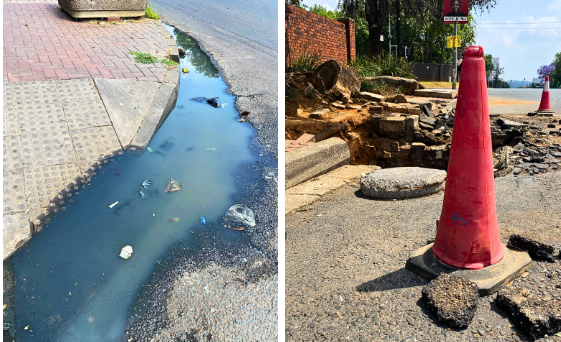
Johannesburg, South Africa’s financial center, is nearing a water crisis that could lead to “Day Zero”—a point where taps run dry for millions. Years of neglect, population growth, and under-maintenance have strained the city’s aging water system. Without urgent intervention, households, businesses, and the economy will feel the impact.
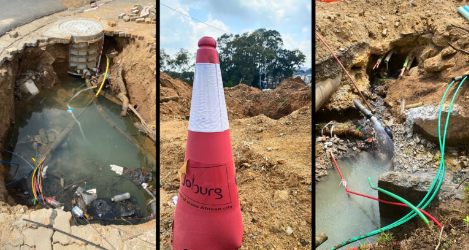
Picture: Seth Thorne
Johannesburg’s water issues stem from several critical factors:
Professor Anthony Turton of the Centre for Environmental Management compares Johannesburg’s system to a “leaking bucket” that cannot stay full, regardless of how much water is added. This makes it hard to meet demand, despite adequate supply.
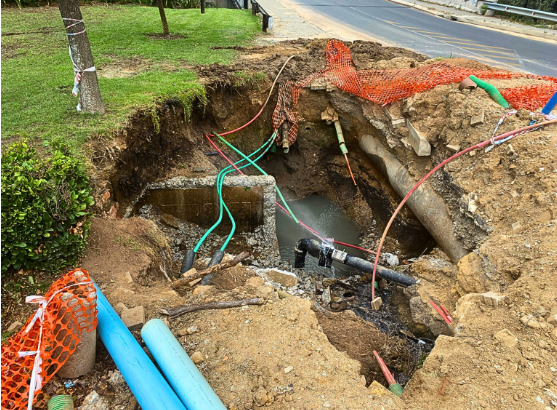
Picture: Seth thorne
Johannesburg’s water losses amount to R2.4 billion, up R300 million from last year. Though the budget increased, the funds fall short of the estimated R20 billion needed. Cash shortages and a lack of skilled personnel lead to frequent delays in repairs, aggravating shortages.
Belinda Kayser-Echeozonjoku, DA Joburg Caucus Leader: “Joburg Water requested R3 billion last year but only received R1.22 billion. This is not enough to meet the R20 billion backlog.”
Picture: Seth thorne
Joburg Water has started several projects to improve water stability:
The Department of Water and Sanitation (DWS) proposed four key actions:
Residents must use water responsibly, report leaks, and follow level 1 water restrictions. WaterCAN, an initiative from OUTA (Organization Undoing Tax Abuse), stresses the need for transparency and cooperation between the public and government.
Dr. Ferrial Adam, WaterCAN: “People are angry over no water, constant leaks, and high bills. We need improved communication and responsible water use.”
Johannesburg’s water shortage demands immediate attention from the city, government, and residents. With coordinated action, accountability, and responsible use, Johannesburg might avoid the worst impacts of this crisis.
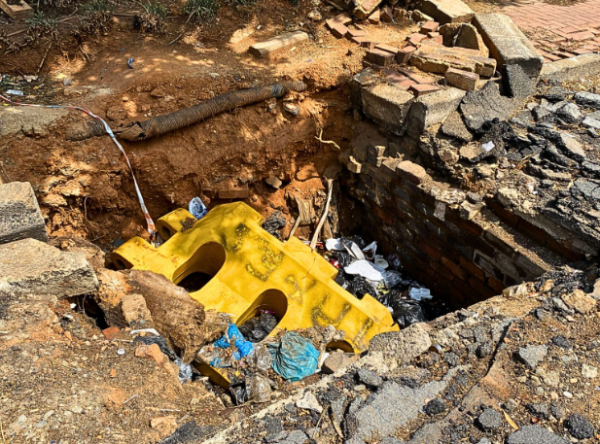
Picture: Seth thorne

Picture: Seth thorne
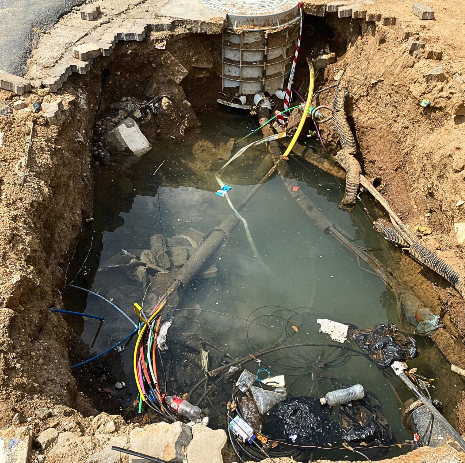
Picture: Seth thorne
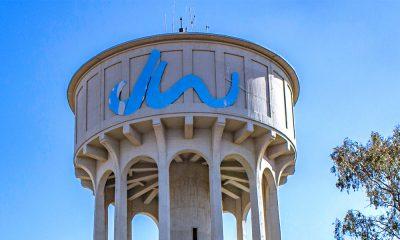

Johannesburg Water Faces Crisis as Theft and Vandalism Disrupt Essential Services
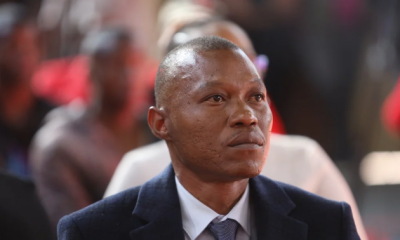

Power cuts, water shortages and delays: How Joburg’s instability hurts residents


Johannesburg on Alert: Major 2-week Water Cuts Coming This May
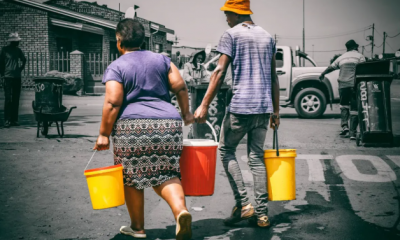

Rainfall Doesn’t End Joburg Water Cuts as Treated Supply Remains Limited
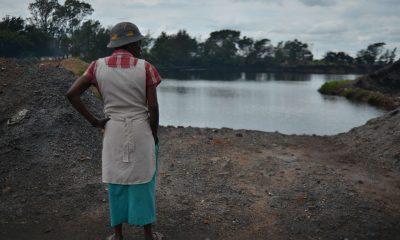

South Africa’s Water Crisis Deepens: Agriculture and Food Security on the Line
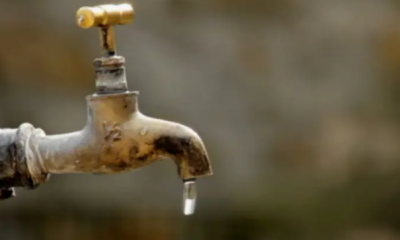

Water Outages Hit Joburg South as Eskom Begins Maintenance















